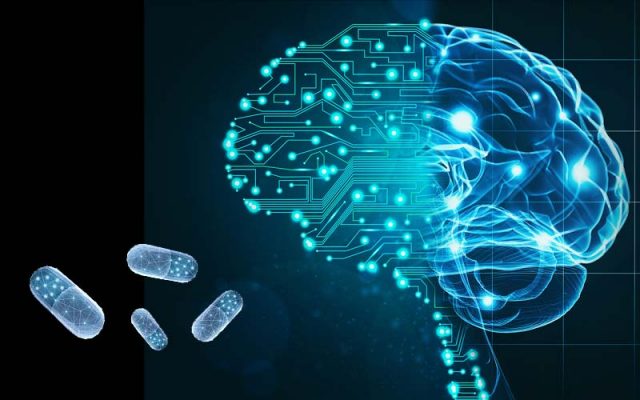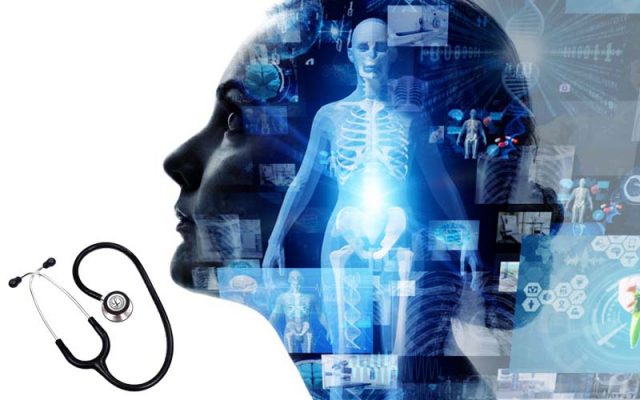4 Advantages of Artificial Intelligence in Healthcare and Medicine

AI has a significant impact on human lives. They have occupied an important role in everyone’s life, whether it is defense, technology, aeronauts, or MEDICAL field. AI can prove to be an effective tool for reducing pressure on the shoulders of doctors and nurses. Let us see the Impact of Artificial Intelligence in medicine.
Artificial Intelligence(AI)
AI refers to the intelligence of a machine that is developed to think and mimic humans. It uses machine learning and learns pattern from humans past activities and make algorithms of it.
Types of AI
AI can be divided into four categories by machine learning, data, and NLP:
- Relative Machine: This is the simplest level of AI. They can make decisions or store data for the future; they are developed to decide in present times only.
- Limited Memory: A limited memory AI can retain some data and use it for the future. It can build knowledge based on a previous memory. For example, Self-driving cars
- Theory of Mind: The Theory of Mind AI can interact with people and learn from them. They can recognize images, store memory, and learn facial expressions too. For example, Sophia, the world-famous robot developed by Hanson Robotics.
- Self-Awareness: This can be recognized as the highest potential of AI. These machines have human-level consciousness and understand everything. Of course, this is just a theory or imagination but it can be attained one day.
How AI can improve healthcare?

Artificial Intelligence in healthcare can have several benefits. It can provide prioritize accessibility, accurate and fast diagnosis, and ultimately reduce the cost of medicines and healthcare.
Machine learning can make great advances in the medical sector. Let us see how it will affect healthcare:
- Diagnosis: Well, diagnosing a disease takes several years of medicinal practice, and then too precision rate is now that high. Moreover, it’s a time-consuming process and stressful. A Machine can easily learn various diseases and diagnosis and learn from them, and then they can make an algorithm out of it.
So, whenever a patient of a similar case will come in front, it can easily diagnose it.
- Drugs: Developing drugs is a lengthy process. Moreover, it is really expensive and requires lots of effort.
AI can be successfully used in all of the 4 stages:
- Identify target molecules
- Discover effective drugs
- Speed up trials
- Find biomarkers for diagnosing
- Customized treatment: AI can easily detect disease and suggest particular treatments and prescriptions. This system works out by learning patterns of similar patients.
- Improve gene editing: AI can easily predict the degree of guide target and also of off-target effects for a provided short guide RNAs.
- The AI can be a lot more developed and can be used for the betterment of humans and the advancement of healthcare and medicine.
What are the advantages of AI in healthcare and medicine?
- Hospital administrative work can be boring, lengthy, and costly. With an AI these small tasks, such as, Following un-paid bills, maintaining records, storing patient’s data can be automated and the workload of hospital staff can decrease.
- With the use of hospitals can deliver a fast and cheap diagnosis. An AI can easily analyze patient’s reports and give an accurate diagnosis, prescription, updates, etc.
- With the use of AI, one can easily recognize small diseases at their home and avoid unnecessary hospital visits and fees.
- With AI, a patient can receive a highly valued and accurate diagnosis and receive personalized treatment, prescriptions.







